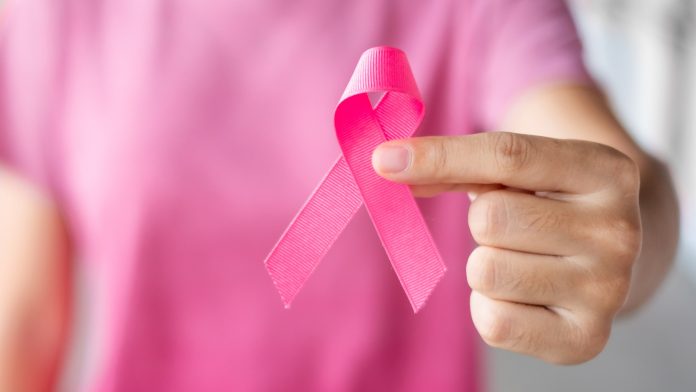Cancer is one of the deadliest diseases known to humanity. One of the most difficult aspects of cancer treatment, which can be a protracted and challenging process, is dealing with pain. To maintain quality of life while receiving cancer treatment in a hospital in Delhi or at any other location, it is crucial to know how to effectively manage pain. We will go over some advice and guidelines in this article to assist you in controlling your pain while receiving cancer treatment at the top cancer hospital in Delhi.
Understanding the nature of pain is the first step in managing it during cancer treatment. Numerous things, including cancer itself, chemotherapy, radiation therapy, surgery, and other treatments, can contribute to cancer pain. To determine the source of your pain and develop a successful pain management strategy, it is crucial to work closely with your medical team, especially at the Best Cancer Hospital in Delhi.
Experts in pain management are available at Delhi’s top cancer hospitals to assist you in effectively managing your pain. In addition to conventional treatments like acupuncture and massage, these specialists may also employ various therapies like medication, physical therapy, psychological counseling, and other methods.
One of the most common methods for controlling pain during cancer treatment is medication. To manage your pain, your medical team may prescribe opioids, nonsteroidal anti-inflammatory drugs (NSAIDs), and other medicines. It’s crucial to take these medications exactly as directed and to let your doctor know if you experience any side effects or if your pain is not being adequately managed.
Another useful strategy for reducing pain during cancer treatment is physical therapy. To increase your overall physical function, increase your range of motion, decrease stiffness and pain, and reduce pain, your medical team may suggest certain exercises and stretches. In addition to reducing pain and discomfort, physical therapy can also prevent muscle weakness and fatigue.
The management of pain during cancer treatment also requires psychological support, which is crucial. Having anxiety, depression, and other psychological side effects during cancer treatment is common, and these side effects can make the pain worse. To assist you in effectively coping with these symptoms and managing your pain, your doctor may advise counseling, support groups, and other types of psychological support.
Additionally useful in reducing pain during cancer treatment are complementary therapies like massage and acupuncture. These treatments can aid in lowering anxiety and tension, encouraging relaxation, and enhancing general well-being. Before attempting any complementary therapies, it is crucial to talk with your medical team about how they will affect your ongoing cancer treatment.
The best cancer hospital in Delhi uses a multifaceted strategy to manage pain during cancer treatment, including medication, physical therapy, counseling, and complementary therapies. Working closely and effectively with your medical team can help ensure that your pain is adequately managed and that you maintain a high standard of living throughout your treatment.
Learn more about important facts about ovarian cancer for women to increase your awareness
A few other considerations for pain management during cancer treatment in a Delhi hospital.
Take charge of your pain management. Avoid waiting until your pain becomes unbearable to seek medical assistance. Your doctor or nurse should be informed of any pain you are feeling so that it can be adjusted as necessary in your pain management strategy.
Outside of medical appointments, take care of yourself. It can involve getting enough rest, maintaining a healthy diet, drinking plenty of water, and, if you can, exercising. These lifestyle choices can aid in pain management and general well-being enhancement.
Throughout your cancer treatment, keep a positive attitude and never lose hope. It can be difficult to manage pain, but it is possible with the right resources and support. For emotional support and encouragement, don’t be afraid to contact your healthcare team, close friends, or support groups. You can effectively manage pain while undergoing cancer treatment if you have the right attitude and support.
The possible negative effects of painkillers should also be taken into account when managing pain during cancer treatment. Some painkillers, especially opioids, can have adverse effects that include confusion, nausea, drowsiness, and constipation. For your healthcare team to modify your pain management strategy as necessary, let them know about any side effects you are having.
For painkillers, especially opioids, it’s crucial to adhere to safe disposal and storage procedures. It may help avoid misuse or unintentional overdose. Your medical team can advise you on how to properly store and discard your medications.
Before attempting any additional therapies, dietary supplements, or alternative treatments, talk to your medical team about them. Some of these treatments might interact with other medications you’re taking or your cancer treatment, and they might not be suitable for you. Your medical team can offer advice on how to safely integrate new therapies into your pain management strategy as well as assist you in making well-informed decisions about which therapies to pursue.





